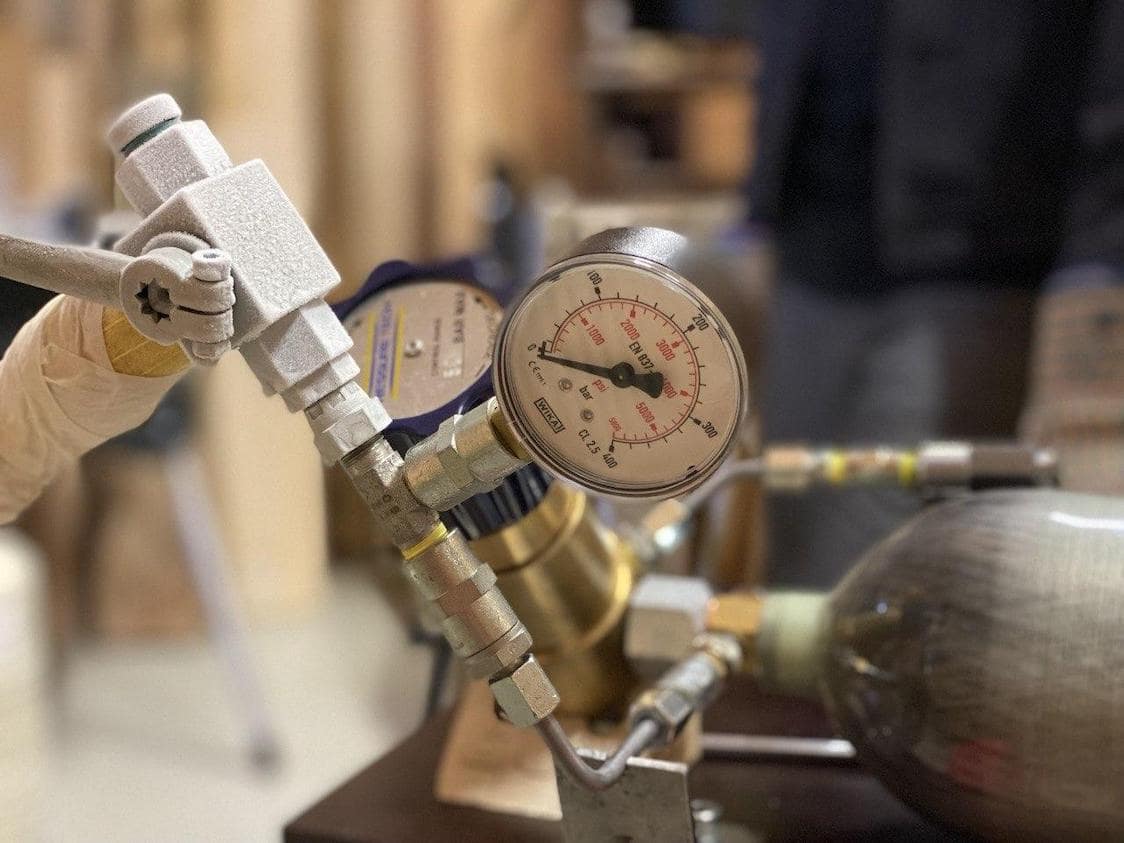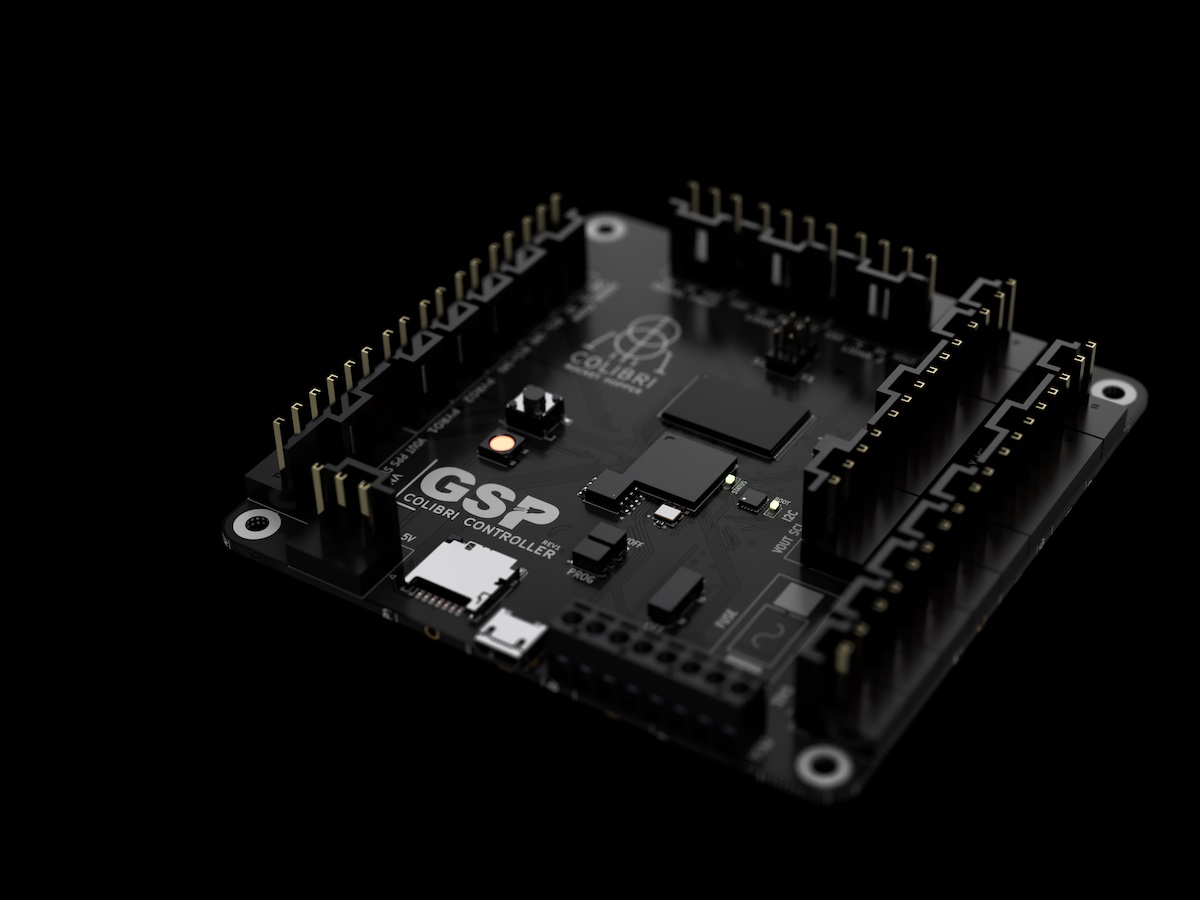With its 100 kg and 2m45, this rocket will perform its first VTVL flight in the end of 2023 (Vertical Takeoff Vertical Landing). Colibri will be the first hopper rocket built by students.
In addition to demonstrating its ability to perform VTVL flights, This vehicle will be able to carry a 3kg payload offering numerous scientific opportunities. To better meet the needs of the market and efficiently plan the development of the vehicle, a credited semester system engineering project has been done at EPFL with the help of Pr. Bernard Foing, French scientist at ESA.

The rocket is currently assembled and is starting the integrated systems tests phase. Visit our social networks to follow the latest progress of our project!

Colibri carries 3 different electronic boards: the control and navigation board, the engine control board, and the ground communication board. Attached is the control and navigation card that interfaces with the various sensors and actuators of Colibri.

With its 100 kg and 2m45, this rocket will perform its first VTVL flight in the end 2023 (Vertical Takeoff Vertical Landing). Colibri will be the first hopper rocket built by students.
In addition to demonstrating its ability to perform VTVL flights, This vehicle will be able to carry a 3kg payload offering numerous scientific opportunities. To better meet the needs of the market and efficiently plan the development of the vehicle, a credited semester system engineering project has been done at EPFL with the help of Pr. Bernard Foing, French scientist at ESA.

The rocket is currently assembled and is starting the integrated systems tests phase. Visit our social networks to follow the latest progress of our project!

Colibri carries 3 different electronic boards: the control and navigation board, the engine control board, and the ground communication board. Attached is the control and navigation card that interfaces with the various sensors and actuators of Colibri.
